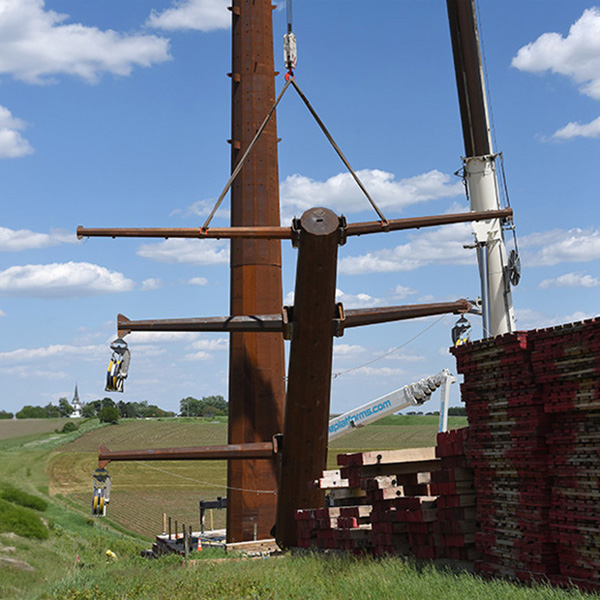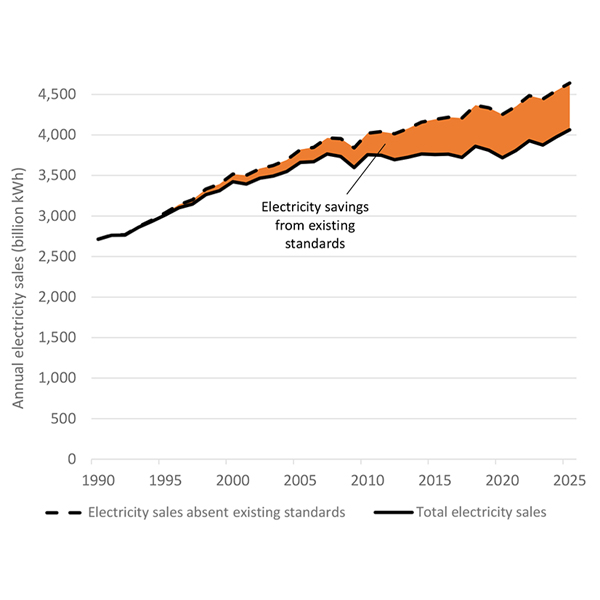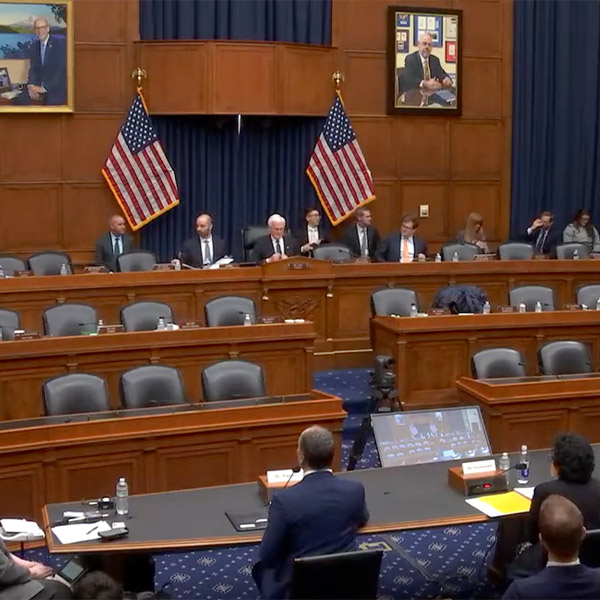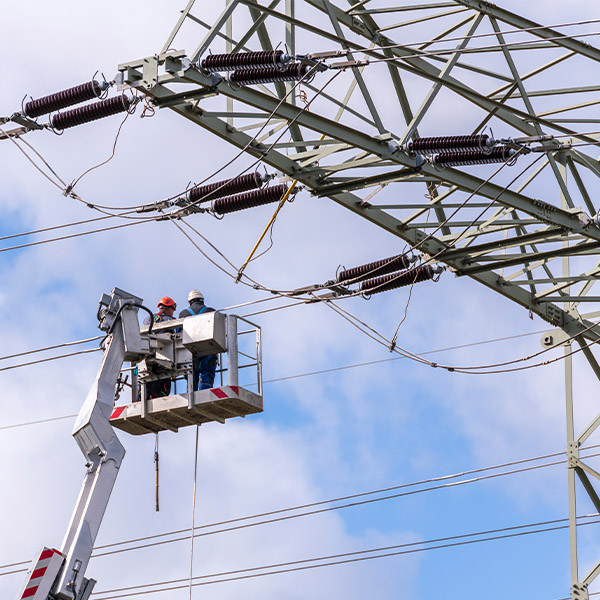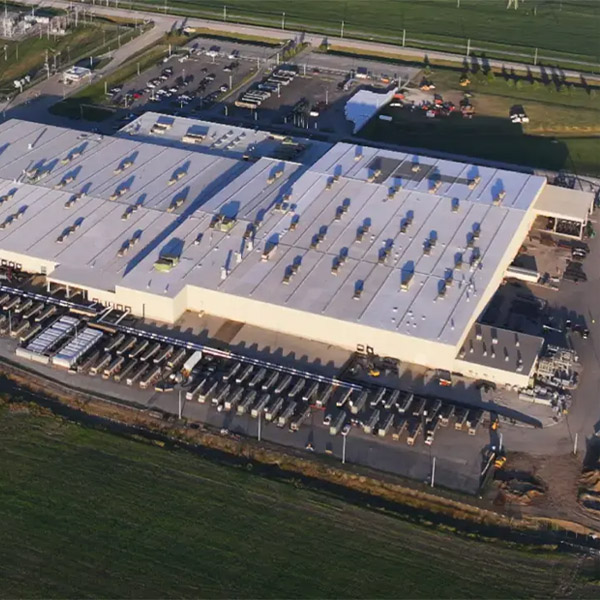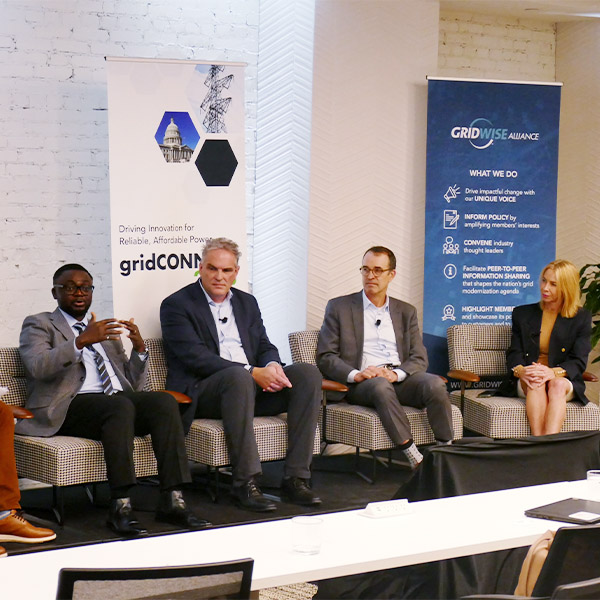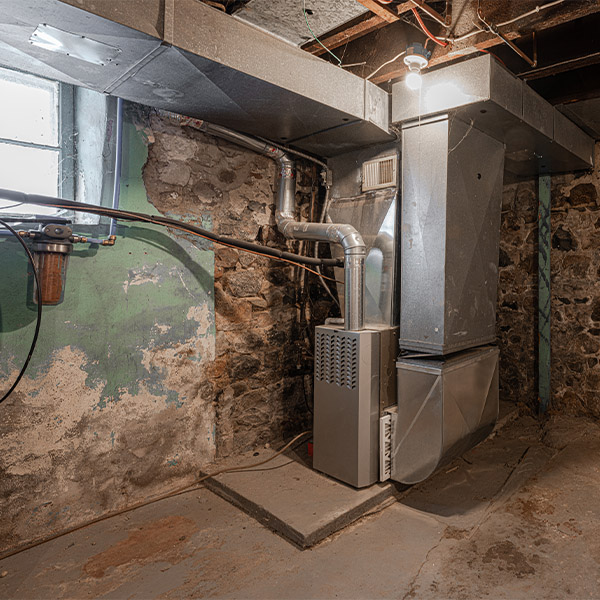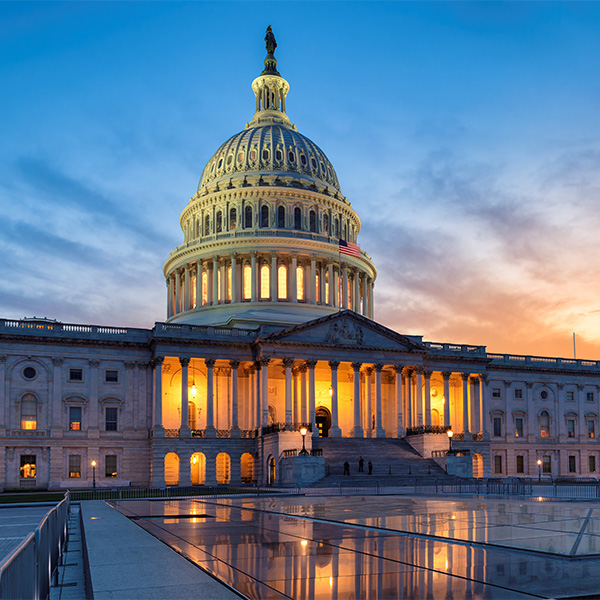Congress
Senators in both parties want to pass permitting legislation, but Democrats will not move forward on a bill unless they get assurances the Trump administration will stop impeding clean energy projects.
The average U.S. consumer would have spent $6,000 more on utility bills over the past decade without national efficiency standards for appliances, according to a report from the Appliance Standards Awareness Project.
At an oversight hearing on new nuclear capacity, the two parties touted recent bipartisan legislation as helping move things forward, but Democrats said Trump administration cuts and moves to curb the NRC's independence creates crosswinds.
The House passed the SPEED Act, which aims to cut the timelines and litigation around NEPA reviews, but Democrats urged their Senate colleagues to improve the bill in a chamber where their votes are needed for passage.
House Republicans amended the SPEED Act on its way to a floor vote, in order to allow the Trump administration to keep repealing Biden-era permits for offshore wind, which led renewable energy groups to drop support for the bill.
Data center developers’ imperative of speed to market not only stresses the power grid but also is felt on the ground as the giant facilities — often paired with onsite generation — spring up in neighborhoods overburdened by pollution.
Attendees at the gridCONNEXT conference, including the acting under secretary of energy and U.S. representatives, debated federal energy policy.
The House Natural Resources Committee advanced a package of permitting bills, headlined by the SPEED Act that seeks to speed up permit processing and limit litigation.
The D.C. Circuit Court of Appeals upheld the Department of Energy’s efficiency standard for natural gas furnaces and water heaters against appeals from gas trade associations.
Democrats introduced a FERC-heavy bill to control electricity costs, House Energy & Commerce Committee Republicans tout bills passed out of committee, DOE returns $13 billion and some details from the Dallas Fed survey.
Want more? Advanced Search
